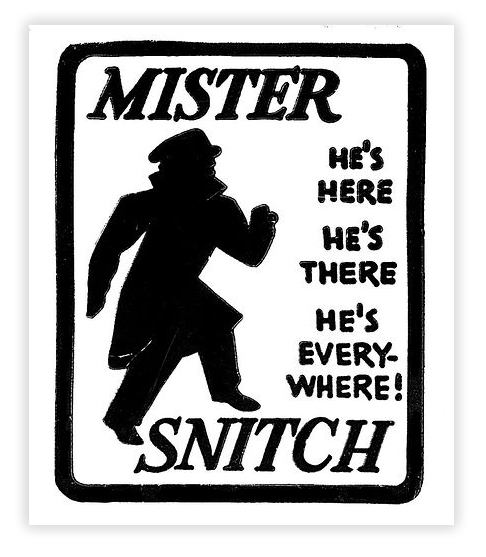We post news and comment on federal criminal justice issues, focused primarily on trial and post-conviction matters, legislative initiatives, and sentencing issues.

A COUPLE OF 3582(c)(2) DECISIONS… AND A HANDFUL OF DAVISES
The 9th Circuit issued two decisions last week affecting 18 USC § 3582(c)(2) sentence reductions, one good, one not so good.

United States v. Hernandez-Martinez: Some people seeking 2-level reductions in their drug sentences under the 2014 Guidelines Amendment 782 were denied because at sentencing, their courts had varied downward from their Guidelines sentencing ranges, and even the new 2-level reduction would have been above their original sentence. But if a defendant had a downward departure for helping the government, the 2-level reduction remained available, regardless of how sweet the original sentence might have been.
A number of defendants have argued that the 9th’s decision in United States v. Padilla-Diaz, which upheld the limited exception for substantial assistance departures as consistent with both the governing statutes and constitutional requirements, was irreconcilable with the Supreme Court’s later decision in Hughes v. United States. Last week, the 9th Circuit shot down 23 defendants making the claim.
The 9th held that Hughes only held that a sentence imposed under a Federal Rule of Criminal Procedure 11(c)(1)(C) plea agreement is “based on” the defendant’s Guidelines as long as that range was part of the framework the district court relied on in imposing the sentence or accepting the agreement. Because the intervening Hughes decision did not conflict with Padilla-Diaz, Padilla-Diaz’s conclusion still binds the Circuit to prohibiting 2-level reductions for defendants with downward variances below the amended sentencing range.
In United States v. Sainz, the defendant filed for the 2014 sentence reduction, and the government did not oppose it. The district court, however, ruled that the defendant’s plea agreement waived the right to seek relief under § 3582(c)(2). The 9th held that if the government does not raise the plea agreement as a defense, the issue is forfeited. The district court may not raise the issue itself.
Meanwhile, several cases applying the Supreme Court’s June 2019 United States v. Davis decision came down last week:
 In United States v. Brazier, the 7th Circuit held that kidnapping did not categorically match the “elements clause” of 18 USC § 924(c), because it may be accomplished without force, by “inveigling” or “decoying” a person without a threat of force, and by holding the person simply by locking him or her in a room, again without threat of violence. Because Davis invalidated the “residual clause” of 18 USC § 924(c), a kidnapping conviction could no longer support a § 924(c) consecutive sentence.
In United States v. Brazier, the 7th Circuit held that kidnapping did not categorically match the “elements clause” of 18 USC § 924(c), because it may be accomplished without force, by “inveigling” or “decoying” a person without a threat of force, and by holding the person simply by locking him or her in a room, again without threat of violence. Because Davis invalidated the “residual clause” of 18 USC § 924(c), a kidnapping conviction could no longer support a § 924(c) consecutive sentence.
In the 5th Circuit United States v. Jones case, defendants were convicted of RICO and drug crimes, and add-on § 924(c) offenses. The jury verdict did not specify which crimes were relied on as the underlying counts for the § 924(c) convictions. Because Davis held that conspiracies to commit violent crimes (such as a RICO conspiracy) could not support a § 924(c) count, the case had to be remanded for the jury to decide whether the remaining drug offenses could support the § 924(c) convictions.
Finally, the 3rd Circuit followed the lead of the 11th, and ruled that five petitioners seeking to raise Davis issues on their 18 USC § 924(c) convictions were allowed to file second-or-successive 28 USC § 2255 motions doing so.
United States v. Hernandez-Martinez, Case No. 15-30309 (9th Cir. Aug. 13, 2019)
United States v. Sainz, Case No. 17-10310 (9th Cir., Aug. 12, 2019)
United States v. Brazier, Case No. 17-2269 (7th Cir. Aug. 12, 2019)
United States v. Jones, Case No. 18-30256 (5th Cir. Aug. 12, 2019)
In re Matthews, Case No. 16-2273 (3rd Cir. Aug. 14, 2019)
– Thomas L. Root

